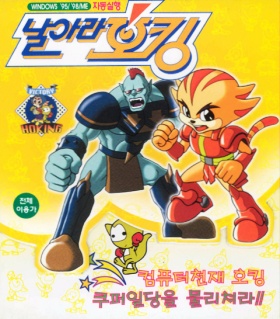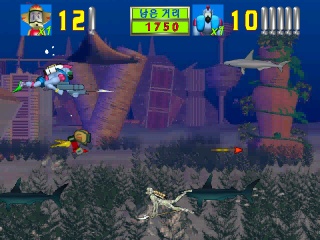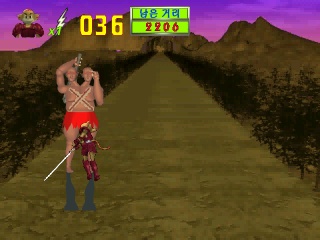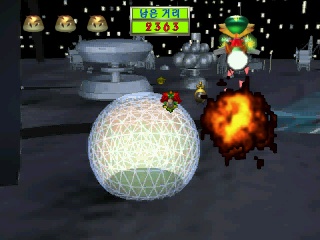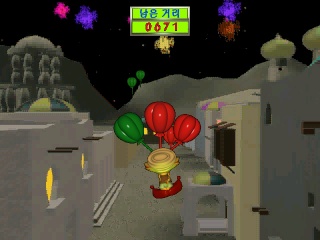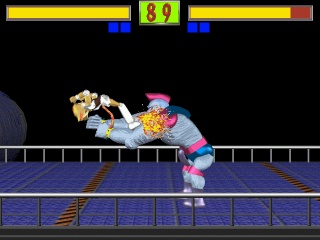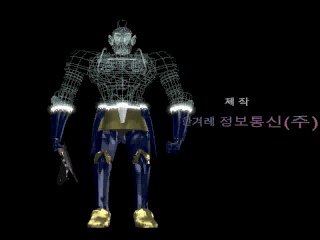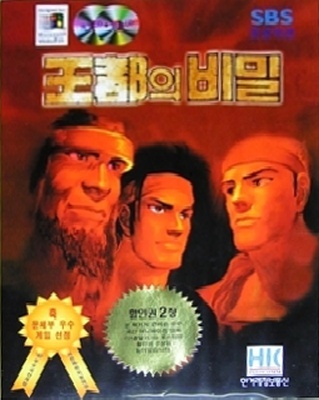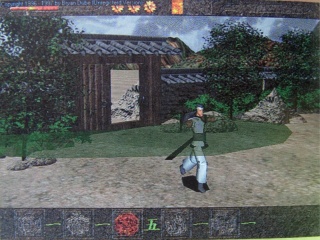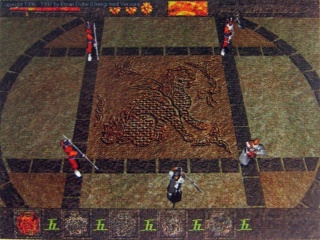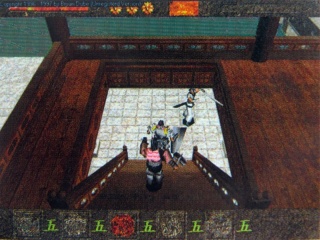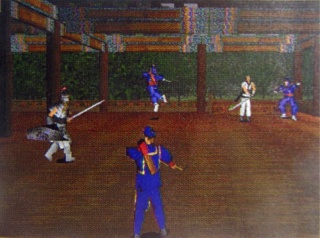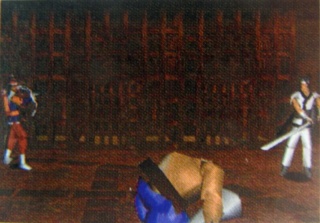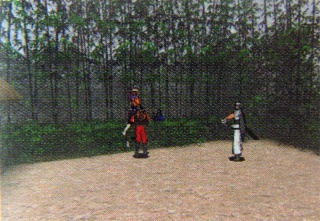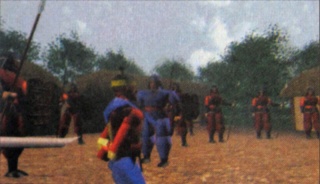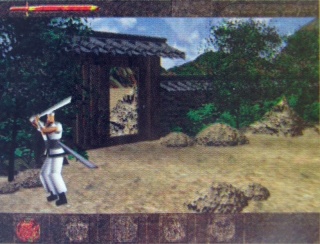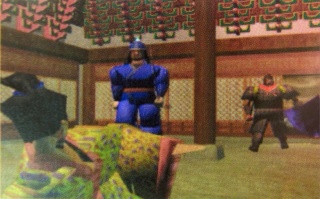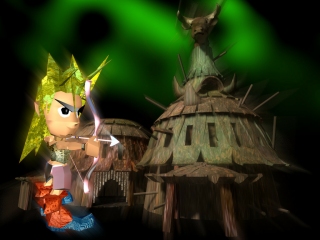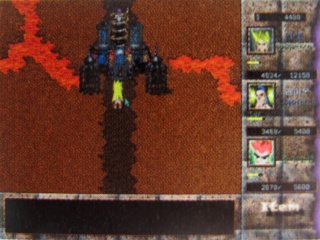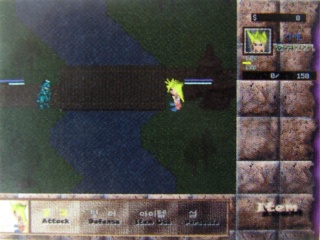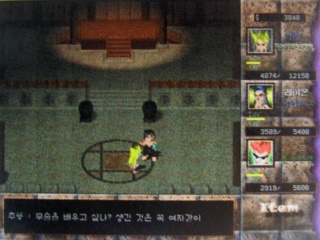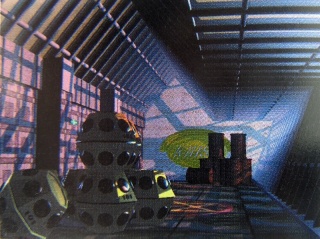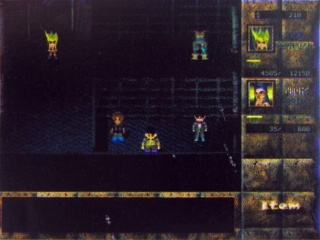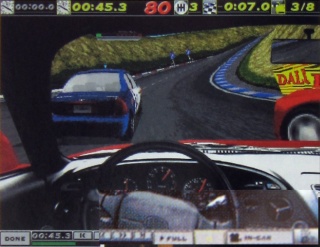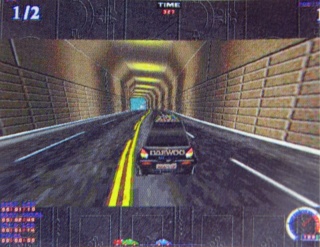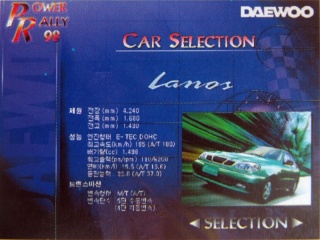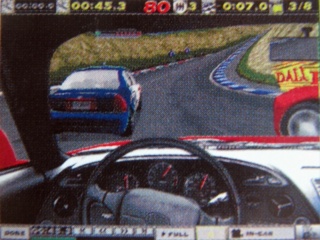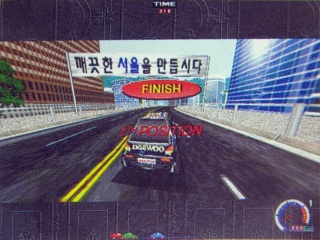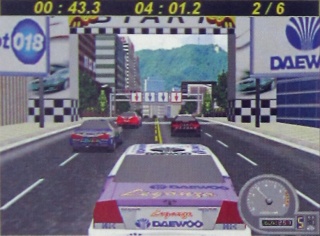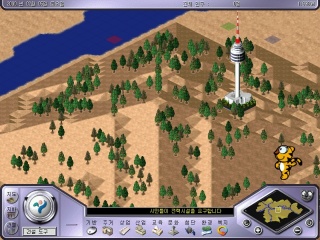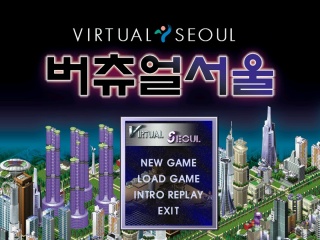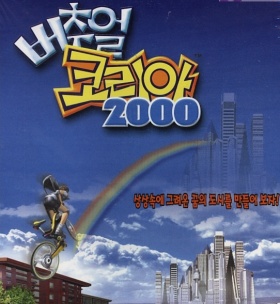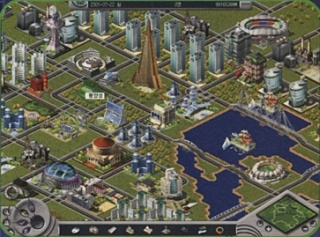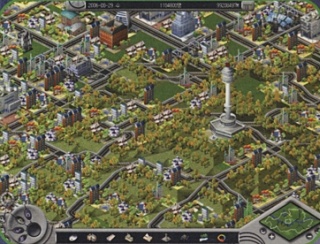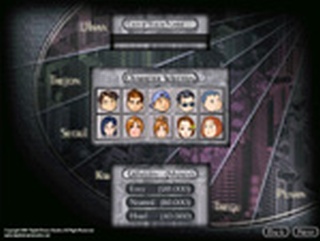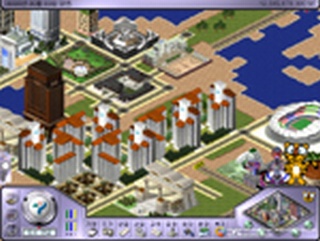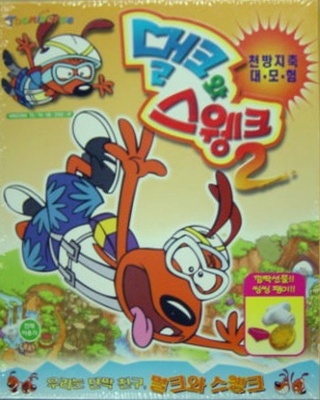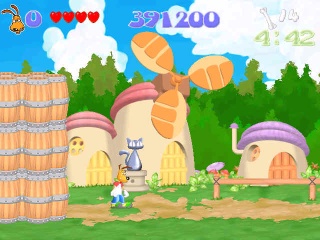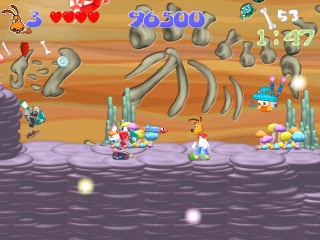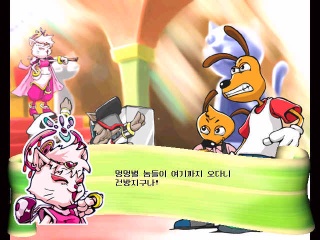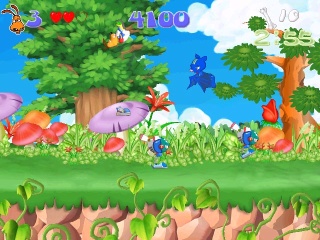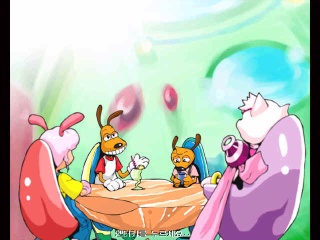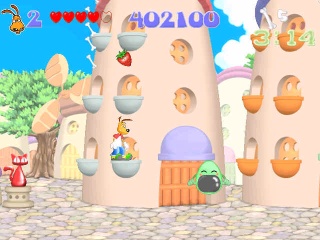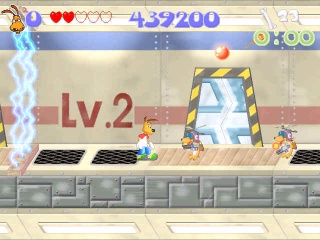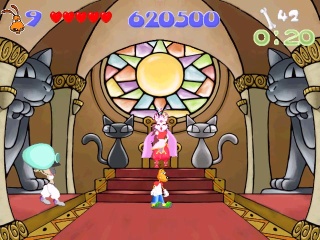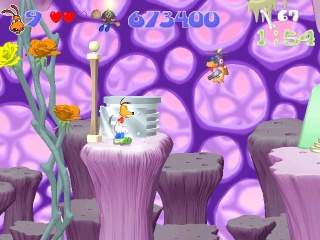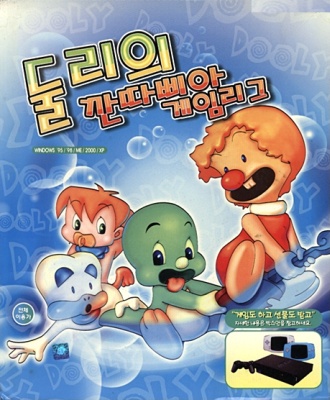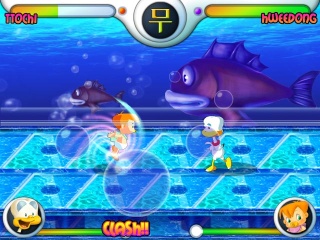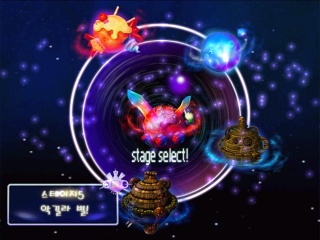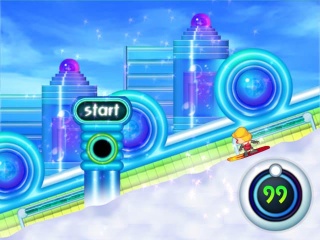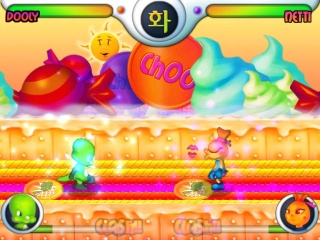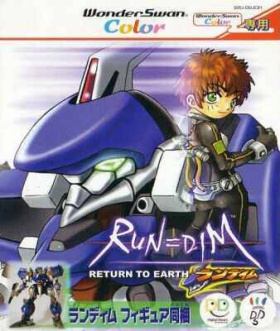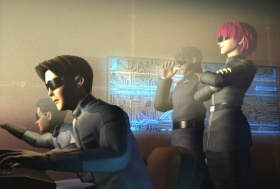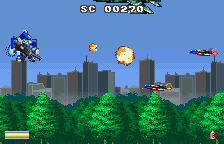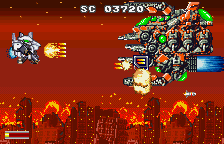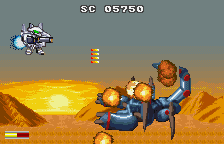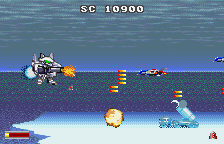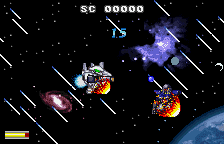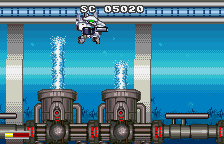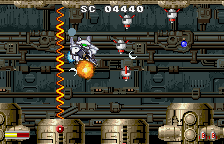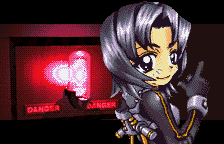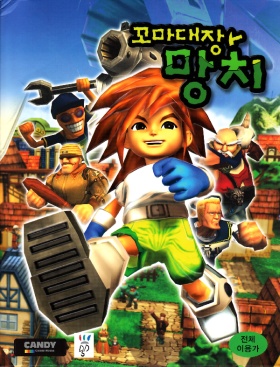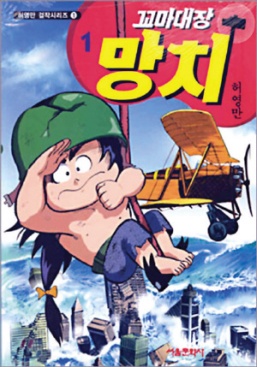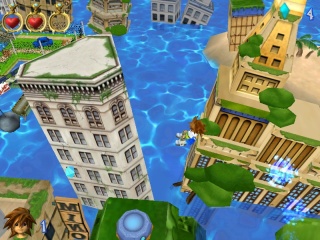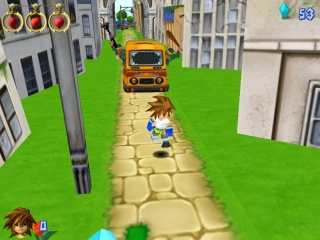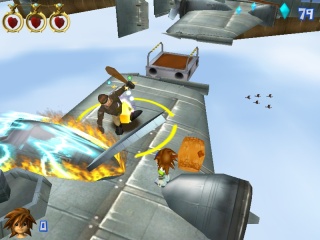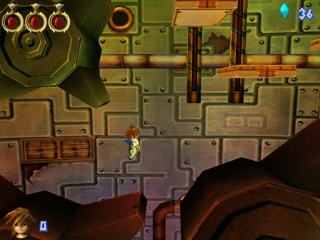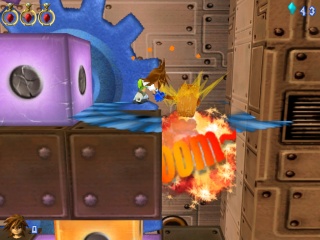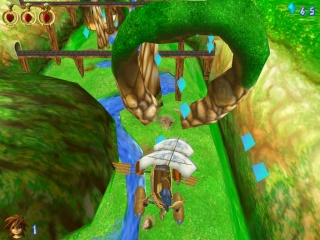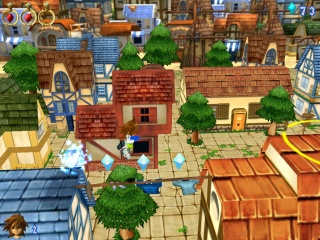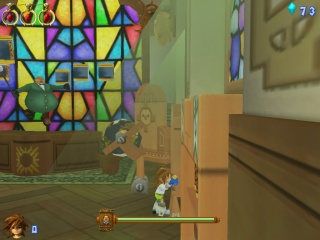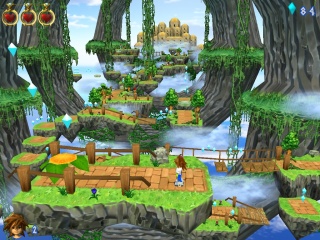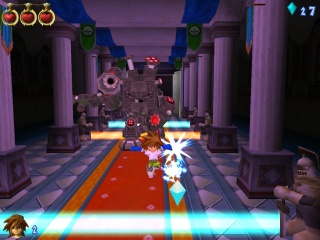A History of Korean Gaming
한겨레 정보통신 HIC Infocomm / 디지털드림스튜디오 Digital Dream Studios


|
Founded: |
February 1993 (as Seoul CTS) |
|
Status: |
defunct (last news May 2003) |
|
Key People: |
李貞根 이정근 Lee Junggeun: |
|
Website: |
www.ddsdream.com (offline) |
HIC Infocomm was originally founded with the name Seoul CTS, but soon renamed in May 19941. Starting out with publishing several multimedia CD-ROMs from overseas2, they approached video games with the mindset of a multimedia company. Accordingly, most of their products were franchise tie-ins or contract works.
In 1999, the company set up a "digital studio" for CGI work, and was renamed once again in July, now going by the name Digital Dream Studios, after founding the subsidiaries Digital Dream Music (June 2000) and Digital Dream Plus (January 2001). Once again games weren't their main business, now taking second place after animated CGI films and TV series3.
In cooperation with Idea Factory, they were responsible for the animation in the Run=Dim series, and localized Idea Factory's browser game Kingdom of Chaos. They published several Western Windwos and PS2 games in Korea, and also co-produced the Windows version of Tiger Woods PGA Tour 2000 with Rainbow Studios (whereupon EA's QA requirements put the Koreans under unanticipated pressure4).
Afterwards, Digital Dream Studios became more notable for what it didn't do. It worked again with Rainbow Studios on the early 2000s Teenage Mutant Ninja Turtles CGI movie that never got off the ground5, with Anykino on a feature-length movie tie-in to the MMORPG Lineage and solo on an animated movie & online game tie-in franchise called ArK, which didn't work out that well, either. (The game went as far as having an open beta announced in early 2003, but that was delayed and eventually never happened.) DDS also tried to make the jump to become a full-fledged console developer and publisher in 2001 and announced several games for the then new Microsoft Xbox6, but none were released, either. In May 2003, Digital Dream Studios got in severe legal troubles as one of 6 Korean businesses that were accused of using pirated software, including Microsoft Windows and AutoCAD7. This was the last that was publicly heard about the company.
Games
날아라호킹 (Narara Hoking) / Victory Hoking - TV, Windows (1996) [SBS]
Cover
The live TV programme Victory Hoking on SBS was one of many call-in shows, following Coba on the Run on the same channel. The show first aired on April 1st, 19968. Just like Coba, the games were also released for retail.
There are five mini games: One has Hoking ride on a rocket to take out enemies in a tunnel-shooter, in another he rides on a flying carpet and has to catch baloons before his old ones run out of air. The remaining three games can all support two players, where one takes control of Hoking's ogre friend. The sidescrolling shoot 'em up and pseudo-3D hack & slash games are both cooperative, while players combat each other in the last, a simplistic fighting game.
Show host Jin Jaeyong with the mascot Hoking (photo: The Hankyoreh)
왕도의비밀 (Wangdo-ui Bimil) - IBM PC, Arcade (July 23, 1997)
Cover
Wangdo-ui Bimil was based on a 3-part novel series with the same title by Choe Inho and produced in cooperation with SBS productions. It was advertised as Korea's "first 3D polygon action adventure game," although it used pre-rendered backgrounds like Resident Evil. The Ministry of Culture, Sports and Tourism awarded the game with the Grand Prize at its second Korean Game awards in 19979.
Power Rally 98 (파워랠리 98) - Windows (1998)
Realistic racing games have been exceptionally rare in Korea, mostly due to the licensing fees required to get actual cars into the game. But another cooperation, this time with Daewoo, put HIC Infocomm in the position to produce the first domestically-developed of its kind. According to a later interview, with vice president Kenneth Shim, Power Rally 98 was one of the reasons that convinced EA that the company would be up to co-developing Tiger Woods PGA Tour 20004.
Quick Info:
|
Developer: |
HIC Infocomm |
|
Publisher: |
HIC Infocomm |
|
Genre: |
Racing |
버츄얼서울 (Virtual Seoul) - Windows (1999)
A city building simulation like Sim City, Virtual Seoul was produced by request of the city of Seoul10. The premise of the game is to improve the capital's infrastructure for the upcoming soccer World Cup in 2002.
Quick Info:
|
Developer: |
Digital Dream Studios |
|
Genre: |
Simulation |
멀크와스웽크2 (Mulk & Swank 2) - Windows (November 26, 2001)
Cover
While the predecessor of this kiddie platformer was developed by the unrelated company J3 Interactive, Digital Dream Studios' homepage listed the sequel as their own11. Actually, it was developed by Team 2G, which at least by the time of the game's release was still a separate company12.
Run=Dim: Return to Earth - WonderSwan Color (February 7, 2002)
Cover
Following after Geisters, Run=Dim was one of the earliest animated movie cooperations between Korean and Japanese companies. While Idea Factory took care of the story and co-directing, the CGI, animation and motion capturing was all done in Korea.
The game side of the Run=Dim project, however was rather in the Japanese company Idea Factory's hands, who developed The Mechsmith: Run=Dim (PS2) and Run=Dim as BlackSoul (Dreamcast). The horizontally scrolling shmup with Super Deformed mechas in place of the semi-realistic visuals of the original, however, was made by Digital Dream Studios. Apparently at one time it was planned to publish the game in Korea as well11 (the WonderSwan Color was officially distributed by Young Toys), but the Japanese release remained the only one.
Animated Series
꼬마대장 망치 (Kkoma Daejang Mangchi) / Mangchi the HammerBoy - Windows (April 2004)
Digital Dream Studios' final game was once again a comic book license, based on a series by Huh Youngman (Gaksital). The official homepage saw the game scheduled for July 2002, but somehow the game didn't come out before Candy Global Media published it in 2004, when retail PC games in Korea were all but dead and gone, and even DDS itself would have been near their end, if they still existed at all. Needless to say, the Xbox version that was also planned remained a pipe dream like all other Digital Dream Studios games for the console.
The game itself is a neat little platformer for kids, with 5 stages extremely short and quite easy. Although it's possible to move in three dimensional space, Mangchi feels more like a "2.8D" game of some sorts, as most elements are aligned rectangular and one ussually only has to coordinate movement along one axis at a time. Like in more recent Super Mario Bros. episodes, unlimited continues make extra lives mostly pointless, and the only "challenge" in the game comes from some wonky physics that lead to a few frustrating passages. Fighting enemies feels a bit weird, too, as the hero can only whack them on the head with his huge mallet as long as he's outside the yellow circle that surrounds them.
It's still not too bad in a theme park ride kinda sense. The graphics are bright and colorful with some genuinely beautiful background sceneries despite low-end technology. There are many exciting intermissions, like when Mangchi has to flee towards the screen from a giant robot, steers a flying pirate ship through a canyon or slides down a cave.
Unreleased Titles:
모래시계 (Morae Sigye) (1995)
왕도의 비밀 (Wangdo-ui Bimil) 2D Version (1996)
타이거 (Tiger) (1997)
언리미티드 스피드 (Unlimited Speed) (1999)
버추얼 시티 2001 (Virtual City 2001) (2001)
화이트스톰 (White Storm) Xbox, Windows (2001-2002)
Hammer Boy Xbox Version (2001-2002)
열대펭귄 페닝 (Yeoldae Paenggwin Pening) / Tropical Penguin Penning Xbox, Game Boy Advance, Windows (2001-2002)
아크온라인 (Ark Online: Dusk of Ruins) (2002-2003)
John Woo Action Game (working title) Xbox (2002-2003)
레가시 오브 오브 (Legacy of ORB) Xbox (2002-2003)
References
1. Digital Dream Studios - Company History (archived 10/6/2001)
2. ETNews 3/4/1995
4. Weekly Hankook 3/6/2001
4.a b http://www.gamechosun.co.kr/article/view.php?no=855
5. Munhwa Ilbo 7/12/2001
6. PC Power Zine 2/2002, page 157
7. ETNews 5/6/2003
8. The Hankyoreh, March 29th, 1996, page 13
9. Donga Ilbo, December 3rd, 1997, page 33
10. Game Meca 8/31/2000
11. Digital Dream Studio Homepage (archived 2/23/2003)
12. Gameshot - Team 2G Interview 12/19/2001, page 2
